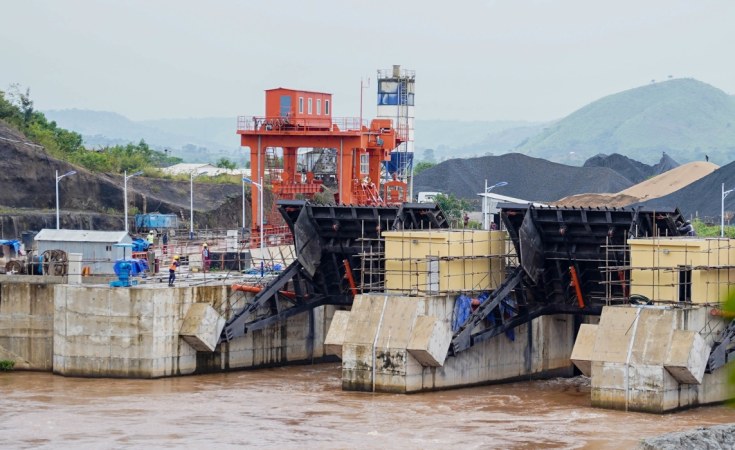Rwanda closed all its diesel power plants in June this year, stopping the generation of such electricity as the country's hydroelectricity and methane gas sources expanded to make a significant contribution to the grid.
Speaking in a media interview on Sunday, October 8, infrastructure minister Jimmy Gasore said two new power plants, Rusumo Hydro Project and Shema Power Lake Kivu Ltd were opened recently, a development that facilitated the decommission of diesel power plants.
The Rusumo Hydro Project is a joint scheme shared by Rwanda, Burundi, and Tanzania. Upon full operation, it is expected to generate 80MW, with each country getting 26.6MW. Shema Power Lake Kivu Ltd is a methane gas power generation plant that aims at generating 56MW.
Before the closure of the diesel power plants, Rwanda had five such power plants, generating 26.76 per cent of the total electricity in the country.
In addition to this, the country has up to four thermal power plants that use alternative fuels such as methane and peat. Altogether, such power plants were generating 51 per cent of the total electricity in the country before the decommissioning of diesel power plants.
In an earlier interview, the Managing Director of the Energy Development Corporation Limited (EDCL), Felix Gakuba, told The New Times that diesel-run power plants were expensive to run due to fuel consumption, and noted that once the Rusumo Hydro Project starts to work, such plants would be stopped.
With such developments in place, the government hopes to lower electricity prices "soon". Gasore encouraged people to use electric vehicles, because "there is enough electricity" in the country because we are "not importing it from Saudi Arabia or Russia," as we do with petroleum products.
Meanwhile, the country is also planning to harness solar energy. According to Rwanda Energy Group (REG), with a potential of 4.5 kWh per m2 per day and approximately five peak sun hours, solar energy has a huge potential in Rwanda.
Statistics from REG show that Rwanda's total on-grid installed solar energy is 12.230 MW originating from five solar power plants namely the Jali power plant generating 0.25MW, Rwamagana Gigawatt generating 8.5 MW, Ndera Solar power plant generating 0.15MW and the Nasho solar plant generating 3.3 MW.
The Government of Rwanda intends to increase the number of solar power plants to reduce the cost of production and take advantage of available renewable sources in Rwanda.


